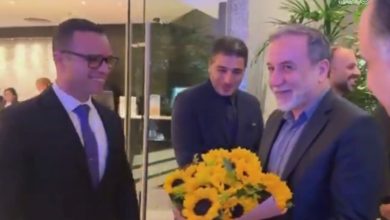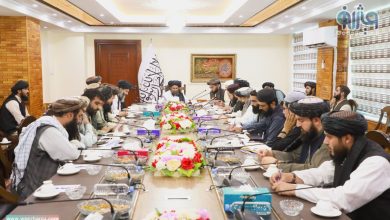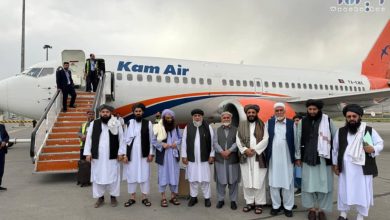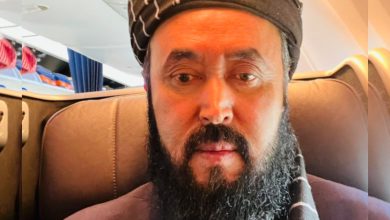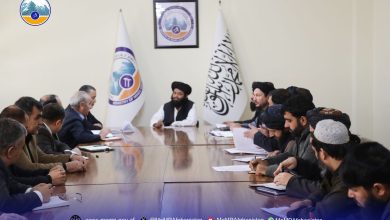Approval of 36 Mining Projects: A New Driving Force for Afghanistan’s Economy
In 1403 (2024), the Economic Directorate of the Afghan Prime Minister’s Office approved 36 mining extraction projects, both small and large scale, with the aim of strengthening the country’s mining infrastructure and economic development.
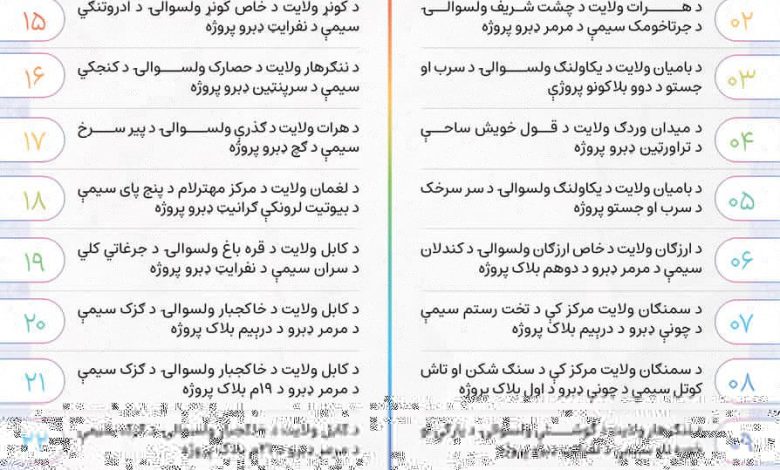
Weezha Roz-Kabul-This initiative, which is part of the broader natural resource development program, is expected to make a significant contribution to job creation, economic growth, and the optimal utilization of Afghanistan’s mineral reserves.
The 25 small-scale mining projects include the extraction of decorative stones such as travertine, marble, nephrite, gypsum, lead, zinc, and granite containing biotite across various provinces.
The 11 large-scale projects focus on extracting cement, salt, gas, coal, chromite, and marble. Some of the key projects include:The “Yatimtaq” cement project in Jowzjan,Salt mines in Faryab and Jowzjan,The “Altimor” cement project in Logar,Gas fields “Kashk” and “Tirpal” in Herat.
These projects, through attracting both domestic and foreign investment, will not only contribute to job creation in underdeveloped regions but also pave the way for Afghanistan’s self-sufficiency in producing essential industrial raw materials.
According to estimates, the implementation of these projects could increase the mining sector’s contribution to GDP by up to 30%.
Despite the optimism, experts warn that the success of these projects is contingent on resolving issues such as insecurity in mining areas, inadequate transportation infrastructure, and the adoption of modern technologies.
The Economic Directorate has promised to ensure the security of mining sites and sustainable energy supply in coordination with the Ministries of Defense and Energy.
The approval of these projects is considered a significant step towards transforming Afghanistan into a “regional mining hub.”
However, achieving this vision will require the concerted cooperation of government institutions, the private sector, and the international community.
Weezha Roz
